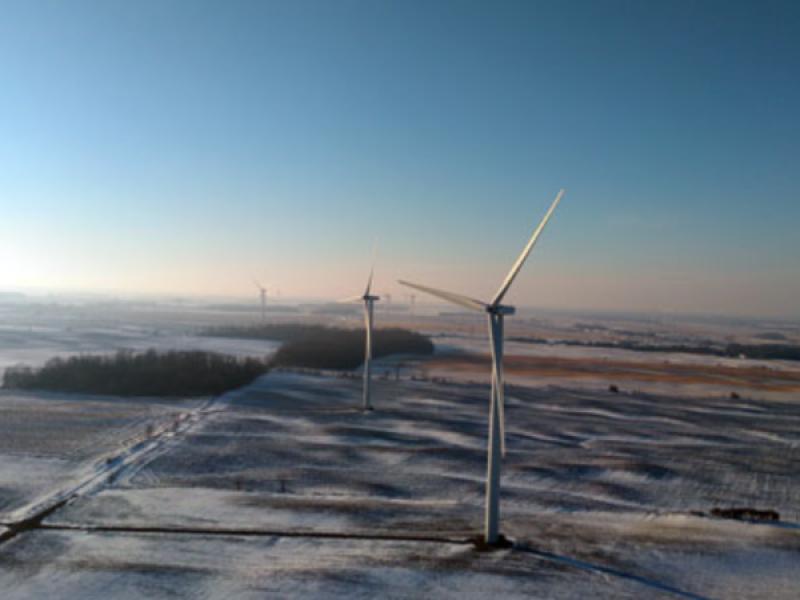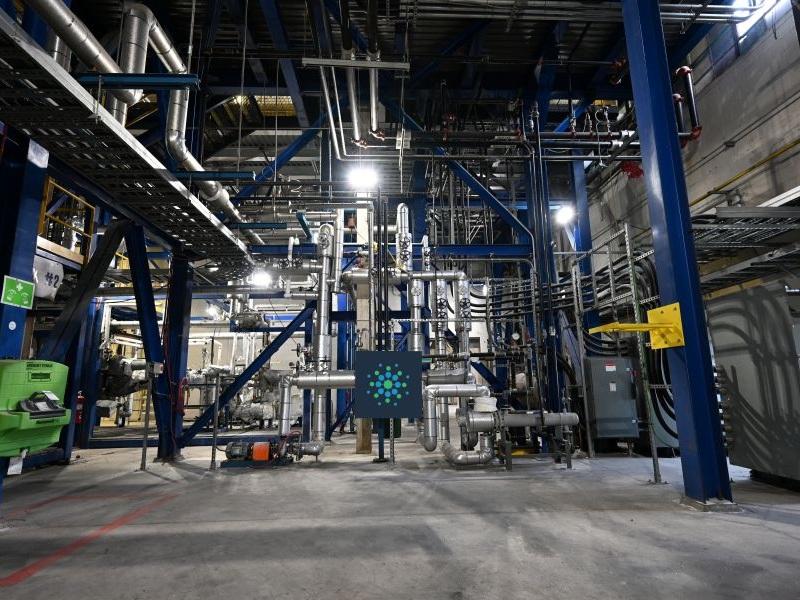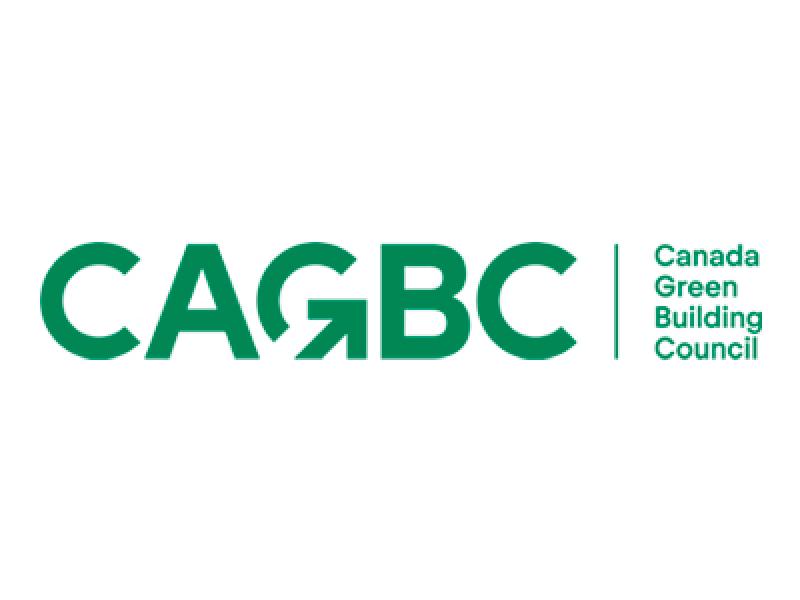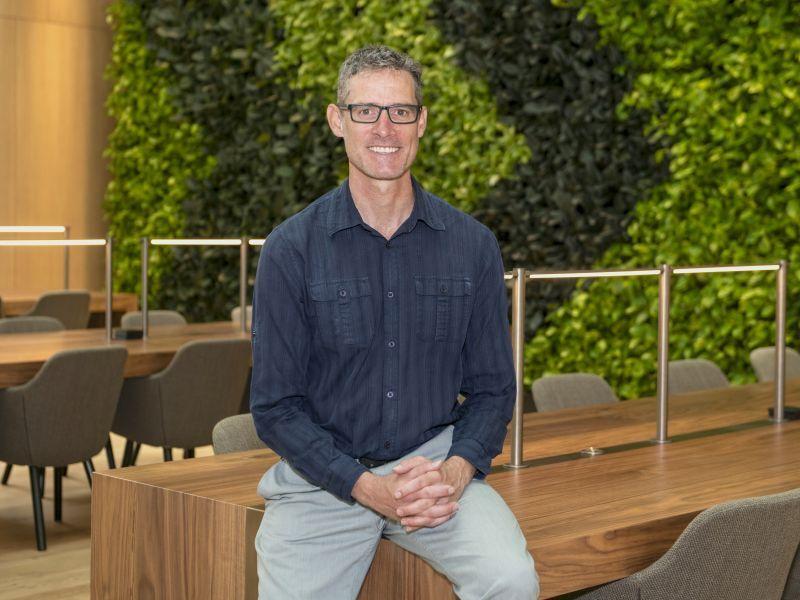
The energy subsidiary of Village Farms International, Inc. is entering version 2.0 of its corporate evolution as it begins direct sales of renewable natural gas (RNG) to a provincial utility.
The Delta. B.C-based controlled environment agriculture company has started operations at its RNG plant under Village Farms Clean Energy. Processed methane from a nearby landfill is sold to FortisBC, providing approximately three per cent of its total RNG portfolio.
“Introduction of RNG into the Fortis system allows B.C. customers to avail themselves of RNG, which then displaces natural gas,” Jonathan Bos, vice-president of asset development at Village Farms, said in an interview with Sustainable Biz Canada.
Village Farms sells its produce in Canada and the U.S. using 29 hectares of tomato-growing space and 15 hectares of cannabis farms in Canada.
Commencing Village Farms 2.0
The addition of selling RNG is a different direction for the company, according to Bos. Founded over 30 years ago in the U.S., it acquired Vancouver-based Hot House Growers in 2006 to start its greenhouse operations in B.C. The 2018 legalization of cannabis in Canada sowed the seeds for a business pivot, and now two of its three Vancouver farms grow cannabis.
Village Farms took over an existing relationship between Hot House Growers and the Vancouver government to take landfill methane, a powerful greenhouse gas, and move it underground using a pipeline network to its destination: a co-generation facility near its farms that took the landfill gas and combusted it to generate electricity bought by BC Hydro. The heat from the generators would also create balmy conditions for greenhousing in the winter.
For 20 years the deal continued, but Village Farms noticed some inefficiencies. The impurity of the landfill gas put strain on the co-generation engines, costing the company a substantial amount for maintenance. At its best years, Bos explained, electricity co-generation runs 88 per cent to 90 per cent of the time.
“We are an agricultural company primarily, we were not in the energy business . . . Near the end of that contract we were looking for what else we could do,” Bos said.
Turning the taps on RNG
Around the time the contract was about to conclude in 2018, the B.C. public utilities commission announced an RNG tariff with an “enticing valuation,” allowing customers to purchase RNG.
Intrigued, Village Farms deemed RNG to be a “much more interesting business model for us than creating electricity from the landfill gas,” Bos said. Unlike electricity co-generation, RNG production has a runtime in the mid-90-per-cent range and lower upkeep costs, making it a better use of the methane and producing a greater financial return, Bos said.
After renewing its landfill rights with the City of Vancouver, Village Farms decided on a facility that will produce 3,000 gigajoules of RNG per day, connected to the same pipeline network. Construction took place during the COVID-19 pandemic and commissioning for the facility began earlier this year.
Full commercial production is the goal.
B.C.'s aim is to increase its percentage of RNG in its natural gas system to 15 per cent by 2030.
“The impact to the environment is substantially different,” Bos said when comparing RNG to typical natural gas. “The emissions from one versus the other, you’re either expanding your footprint of emission by burning fossil fuels, or you’re not.”
Landfill gas is transported to the RNG facility located in the same area as the co-generation plant, where it is processed, turned into RNG and sold to FortisBC. Village Farms has signed a 20-year contract with FortisBC, with the option of a five-year extension.
Atlanta, Ga.-based Terreva Renewables financed the eight-figure project and will be operating the facility, according to Bos.
The next version of Village Farms
Village Farms does not plan to stop there in its sustainability journey; Bos said he is developing the company's 3.0 phase. He is exploring enhancing the sustainability of the RNG facility to address issues such as air quality.
Other than addressing greenhouse gas emissions, the company is proud of its water recycling and reuse system, he said.
Village Farms’ website also notes the benefits of using much less land compared to traditional farming, biological pest control and pumping carbon dioxide produced by its heat boilers into the greenhouses (where it is consumed by the plants) rather than allowing the gas to escape into the atmosphere.










